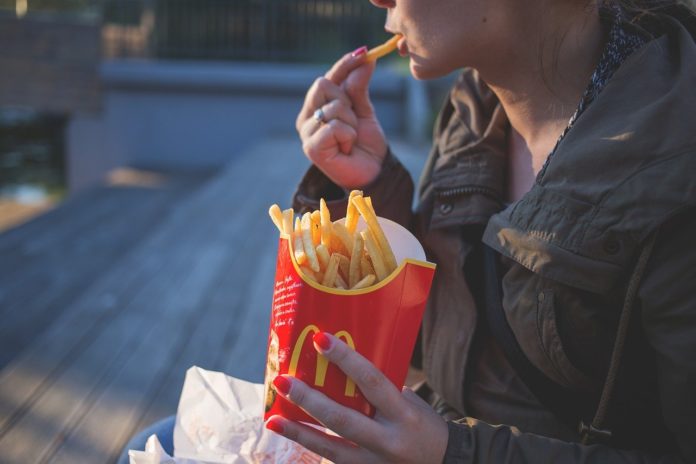In the modern world, where we are surrounded by stressful situations on a daily basis, almost all of us more or less frequently ‘eat our problems’. Why, in times of stress, do we start eating everything we find and how to stop this behavior?
The habit of eating in response to some mood —usually negative in nature—regardless of the feeling of physiological hunger, is known as emotional eating.
Food is often used as a distraction from problems or a way to reassure us in stressful situations. Just as some people use alcohol, drugs, sex, shopping, and even television as ways to get away from the difficult feelings they may be experiencing, others use food for this purpose.
In fact, numerous investigations have already shown that food can cause some neurological reactions identical to those generated by drugs, although to a lesser extent. Carbohydrates and sugars are capable of activating the brain’s pleasure centers and even releasing hormones that make us feel good.
But like drugs and alcohol, emotional eating is a temporary solution to stress, with possible consequences, and not a cure. A healthier response to negative emotions is to find sustainable ways to deal with them.
How do I know if I eat emotionally?
While some people deliberately gobble up cookie packages and gulp candy bars after a rough day, others eat emotionally without even realizing it. To avoid this behavior, it is important to understand the difference between emotional hunger and physiological hunger.
Before you gobble down your next bag of potato chips, stop and assess how you are feeling physically and mentally.
While hunger manifests differently in each person, it is often accompanied by physical symptoms such as empty stomach growls, low energy and headache. If you have cravings for snacks, but don’t identify any of these physical signs, you may just be looking for a comfort or distraction.
How to combat emotional eating?
If you’re in a stressful situation, there are many distractions that can help you avoid food to relieve it. Going for a walk, breathing fresh air, doing a quick meditation or listening to your favorite songs are just a few of the options.
Drinking water can also help fight emotional eating. People often confuse feelings of hunger and thirst. In addition, the liquid provides us with a certain feeling of satiety.
On the other hand, healthy habits such as exercise, quality sleep and a balanced diet help control stress and, therefore, emotional eating.
However, in the long run, the most important thing is to find the reason why you eat emotionally. If you’re constantly struggling with your stress-eating impulses, you may need to seek help from a professional to help you get to the root of problems.
It’s important to remember, however, that sometimes your emotions are going to beat you and that you shouldn’t feel guilty about occasionally choosing not-so-healthy meals to deal with stress.
